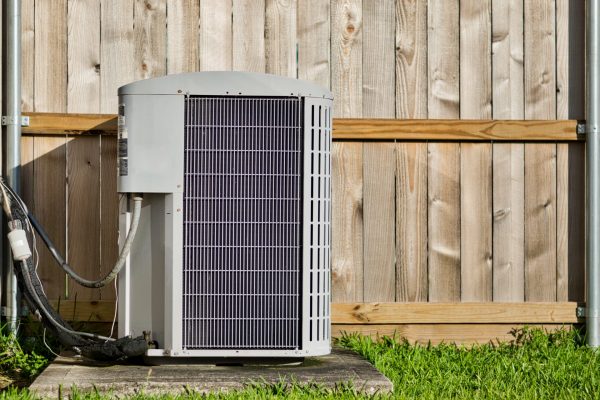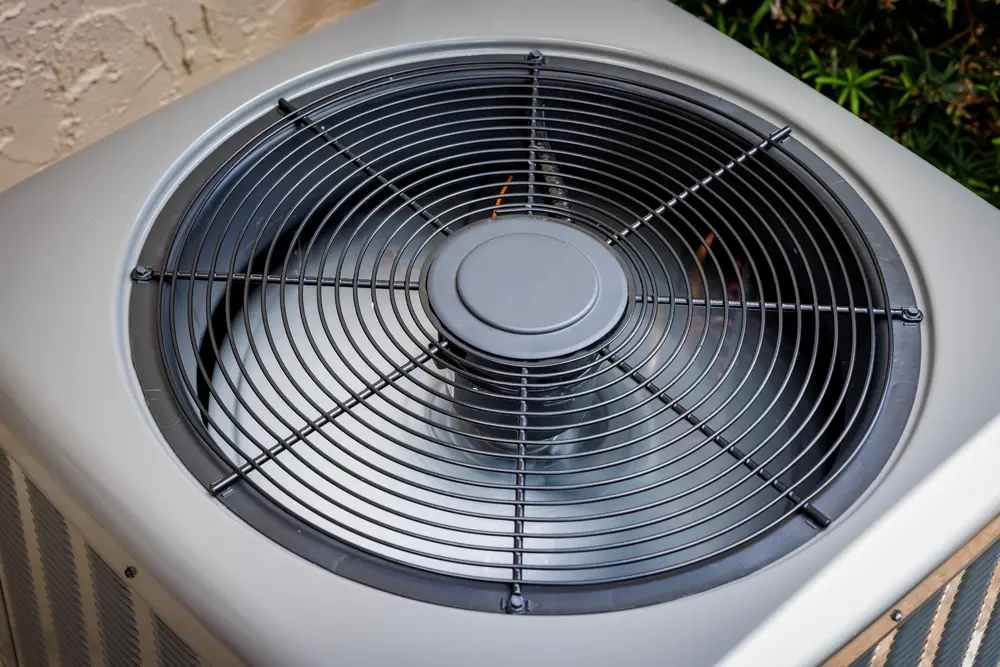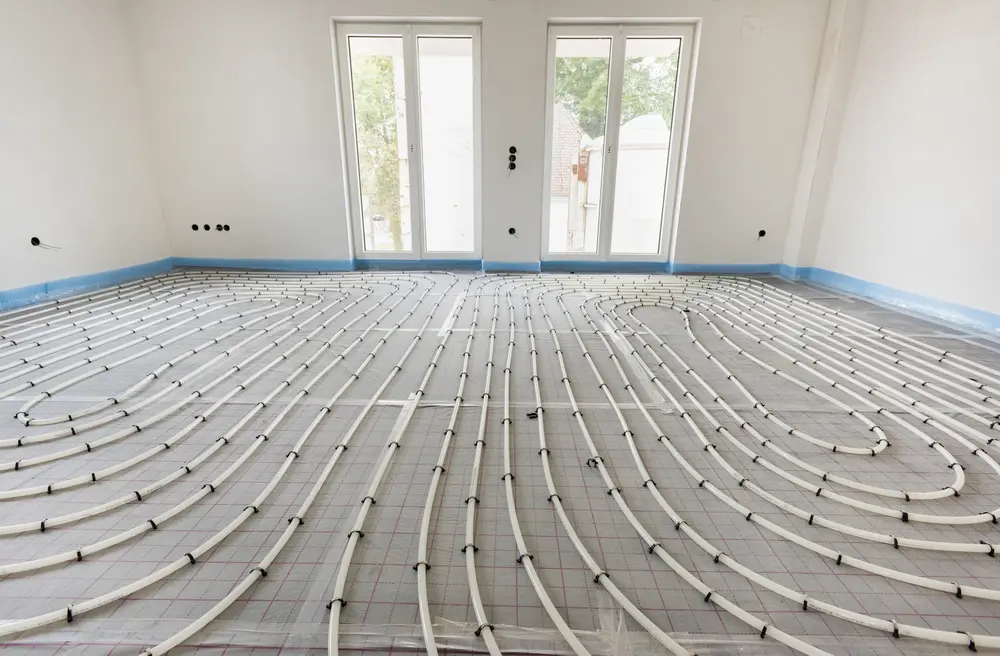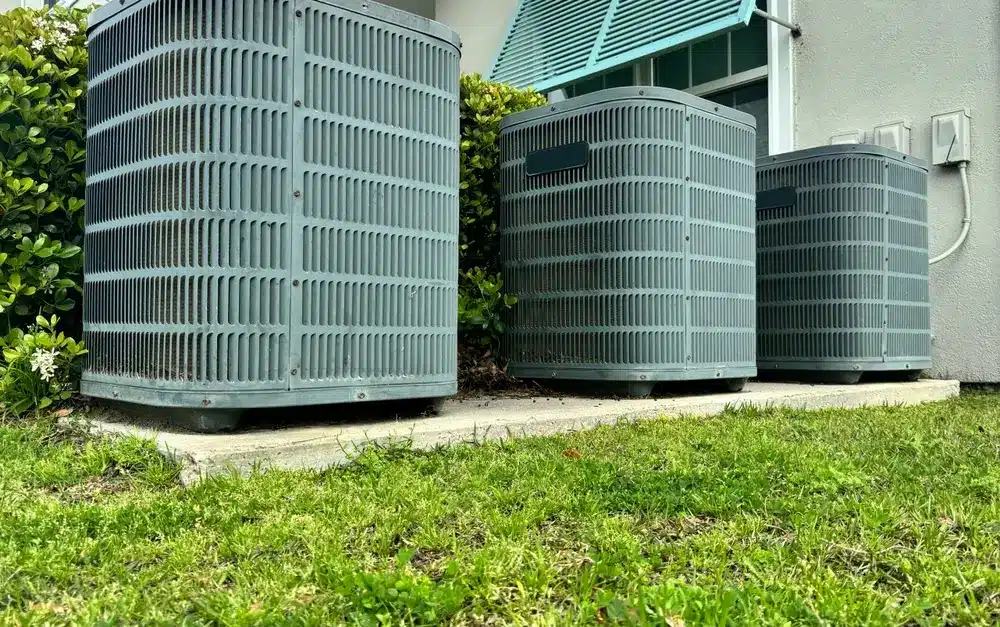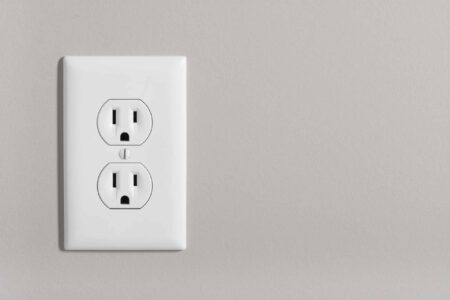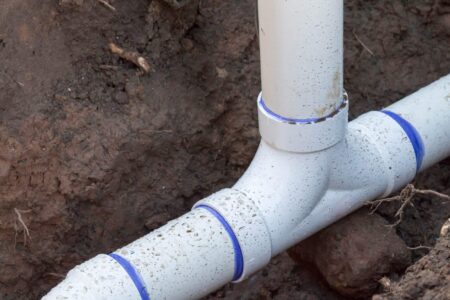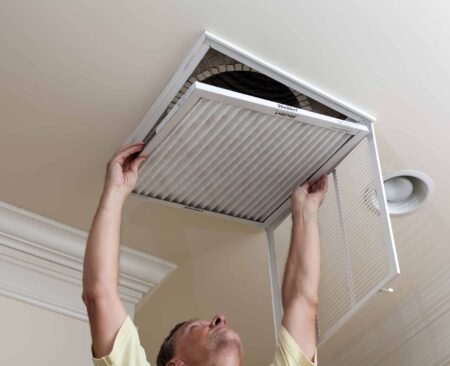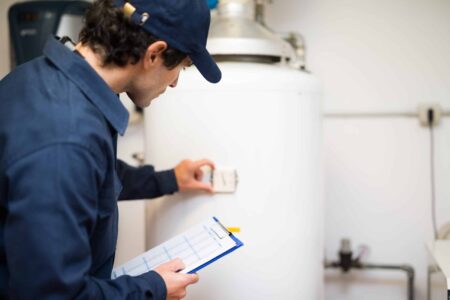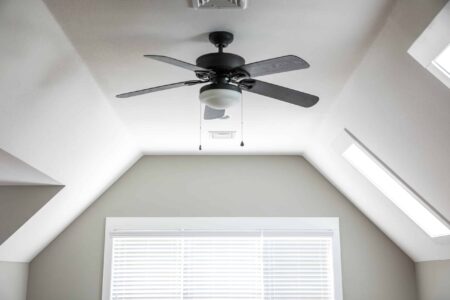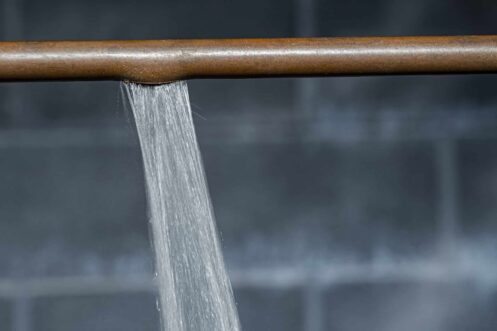Here in Kansas, the winter months bring fluctuating temperatures and a fair amount of snowfall. That type of weather makes homeowners wonder if they need to do anything to protect their HVAC systems from the elements. The truth is, there’s plenty of misinformation about the topic online and not much in the way of a consensus answer out there. To remedy that, we’re bringing our considerable experience and expertise to bear on the topic. Here’s our guide to preparing your HVAC system for winter.
Is Winter Weather a Threat to HVAC Systems?
When the winter months roll around, sub-freezing temperatures and occasional snowfall aren’t unheard of here in Kansas. That’s what leads many homeowners to worry about potential damage to their HVAC’s outdoor components. The thing is, however, winter weather doesn’t pose much of a risk to an HVAC system. The designers of HVAC systems take weather into account when choosing the materials they’re made of. That means they can stand up to just about any kind of weather the winter has in store.Do You Need to Cover Your HVAC in the Winter?
The short answer to this question is a resounding no. Covering your HVAC isn’t strictly necessary to protect it from the elements. Plus, you could end up damaging your system if you cover it improperly. For example, covering your HVAC in a way that restricts airflow could trap moisture inside the unit and lead to mold growth and rust damage. Even worse, a covered HVAC unit makes an attractive home for rodents and other small animals, who might build nests to take refuge from the cold.That said, you will save your HVAC system some wear and tear if you take some preparatory actions at the right time. Instead of the winter weather, you should worry more about what the fall can do to your HVAC system. In the fall, all kinds of debris and detritus can fall into your HVAC system and cause problems the following season. If you take action at the right time, though, you can save yourself some time and money when the cooling season rolls around again.
How to Cover Your HVAC Safely
Right after the cooling season ends but before fall is in full swing, you should plan to get your HVAC system prepared for the off-season. You shouldn’t use an HVAC cover that covers the whole outdoor unit, though. You should instead purchase a top cover that can prevent debris from falling into the top of your HVAC.First, you should use a garden hose clean any dirt away from the inside and outside of the unit. Once you’re done, you should let the unit dry out thoroughly. A few hours in direct sun or about half of a day in indirect sun should suffice. When you’re sure the unit’s dry, you can move on to covering it.
For most HVAC systems, a 32-inch-by-32-inch cover should do the job quite well. You’ll want to measure your specific HVAC unit to be certain of that before you buy anything, though. For safety, you should secure your HVAC cover with bungee cords to keep it attached to the HVAC unit in the wind.
If you’re having trouble finding a top cover that fits your HVAC unit, there’s another option that works just as well. You can cut a piece of plywood to match the dimensions of your HVAC and use it as a cover. You can use a few bricks or any heavy outdoor object on top of it to keep it in place.
In either case, you’ll want to check on your HVAC every few weeks after you cover it to prevent the buildup of debris or snow. This will do more to protect your HVAC from the elements than covering it in its entirety.
If you’d like to be extra careful about protecting your HVAC through the winter months, you can add some extra insulation to the refrigerant lines. They’re the small and large pipes that run from the HVAC’s outdoor unit to the inside of your home. The larger of the two lines should already have insulation wrapped around it. If you wish, you can purchase additional foam insulation to protect the whole bundle from the extreme cold. Again, this isn’t strictly necessary, but may prevent a bit of wear and tear on a vulnerable part of your HVAC system.
Other Seasonal HVAC Maintenance Steps
When the cooling season ends, there are some other things you should do besides covering the top of your HVAC unit. You should also take the time to change your HVAC filter if it’s more than three months old. It’s always a good idea to do this, especially if your HVAC system provides your home’s heat in the winter. A new filter will help to protect your home’s indoor air quality. It will prevent the circulation of dust and allergens that can lead to respiratory issues and ill health.Even if your HVAC won’t see any use in the winter, changing the filter at the same time that you cover the outdoor unit is still a good idea. It will help to make sure your HVAC is ready for the following season and give you one less thing to remember to do when the time comes to turn on the air conditioning.
For the same reasons, it’s also advisable to vacuum and clean your home’s registers and return air vents when you’re finished with the air conditioning for the year. Even if you’ve kept up with regular filter changes, there’s always some dust that makes its way into your home via its vents. Cleaning those vents prevents that dust from remaining in circulation in your home.
Last but not least, you should take a moment to inspect your HVAC system’s condensate drain line. If you don’t know where that is, you should look for a PVC pipe that leads from your indoor HVAC unit to an exterior wall or drain inside your home. Look for any signs of leakage along the drain line, and if you’re able to see the open end of the pipe, check to see that it’s not blocked or otherwise impeded.
Call in an Expert for Seasonal Maintenance
By now, you should have a better understanding of the steps you should take to prepare your HVAC system for the winter. To reiterate, you should never cover your outdoor HVAC system in any way that will prevent natural airflow through it. Covering the top is a good idea if you want to keep your unit clean and ready to work the following year. Beyond that, the average HVAC system will do just fine, even in the harshest Kansas winter.Of course, you could also call on the experts at Eck Services to give your Heating system a maintenance checkup at the end of each season. Our trained and experienced technicians will check your HVAC for a variety of common problems and let you know if there are any issues you should be aware of. Regular maintenance is the key to HVAC system longevity, and we’re the premier provider of AC installation, repair, and maintenance services in the greater Wichita, KS, area.
So, if you’d like us to visit you to prepare your HVAC for the winter, contact Eck Services today and we’ll arrange a service call at your convenience!
Follow our Facebook page for more updates.


